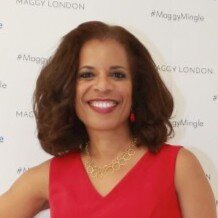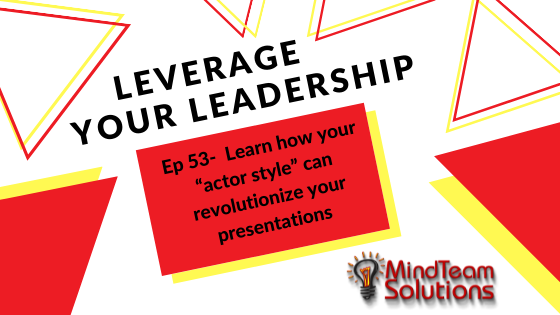Podcast: Play in new window | Download
Part I of this conversation featuring media maven Robyn Hatcher examined the everyday realities that translate from the screen to the days of our lives. Her 9 “Actor Types” draw on her years in the entertainment industry to create a field guide to navigating the interpersonal world each day. In the compelling conclusion of this session with host Sylvia Henderson, the author of “Standing Ovation Presentations” outlines her perspective in further detail.
0:34 People and Personas
With nearly 8 billion human beings riding the planet at any given moment, we are bound to come into contact with dizzying diversities in thought and action. However, Hatcher contends that from a wider view, people can generally be organized into 9 basic personality types. Among these are the charming, charismatic Hero who wins the day with wit and guile along with the Whiz Kid, who relies on a logical, data driven approach. Socially focused individuals are classified as Buddy types, achieving their aims through popularity and collaboration. Each of these Actor Types have clear strengths and deficiencies as team members.
4:01 The Ultimate Performer
Asked to expand on which of her Actor Types is overall best suited to fulfill a leadership role, Hatcher illustrates the idea at their root by pointing directly to the big screen. Legendary film star Meryl Streep serves as a template for effective communication, memorably portraying a number of iconic characters over a long, successful career. The lesson here is that tailoring your approach to a given audience or set of circumstances is a phenomenally powerful skill set. Particularly in an organization’s uncertain moments, the best ability is adaptability.
6:10 Building a Brand
Of course, the characters in our favorite media are defined to a great extent by the person in the role. The career of William Shatner stands as a prime example of a personality making indelible marks on every endeavour. Acknowledging the impact of individuality, Hatcher speaks on leveraging what makes a person unique into what makes them successful. In her view, branding starts with learning who her clients are as human beings, then emphasizing their strengths. The challenge is to find a balance between authenticity and utilitarianism.
8:36 Your Breakout Role
We will all inevitably be forced to reshape our preferred strategies from time to time, but the communications specialist believes that there are certain roles that generally suit us best. These are the roles we feel most comfortable and competent within. Her website includes an interactive assessment where visitors can discover their main Actor Type by answering just a few targeted questions. The completed assessment also includes secondary and tertiary Actor Types, enabling the development of qualities that may be less immediately apparent.
9:40 Make it Memorable
Understanding ourselves is the first step, but knowing how to make a positive impression on an audience is key to the success of any presentation. Hatcher’s book uses her experience in the film industry to draw this idea into focus. In these pages, she offers advice on how to maximize the characteristics of each Actor Type along with movie quotes and Hollywood history in a strong supporting role. Whether at the climax of a summer blockbuster, at a job interview, or on a first date, the actionable advice is always to make an impact.

Connect with MindTeam Solutions: Website: https://ca.linkedin.com/company/mindteamsolutions Email: Info@MindTeamSolutions.com LinkedIn: https://ca.linkedin.com/company/mindteamsolutions

